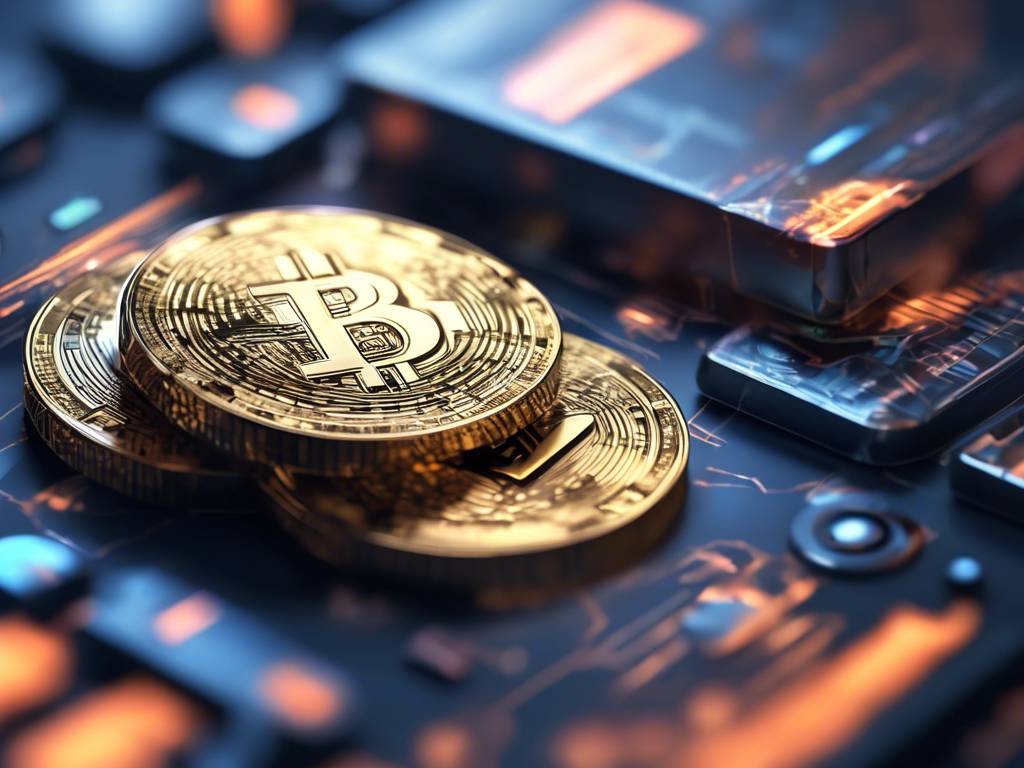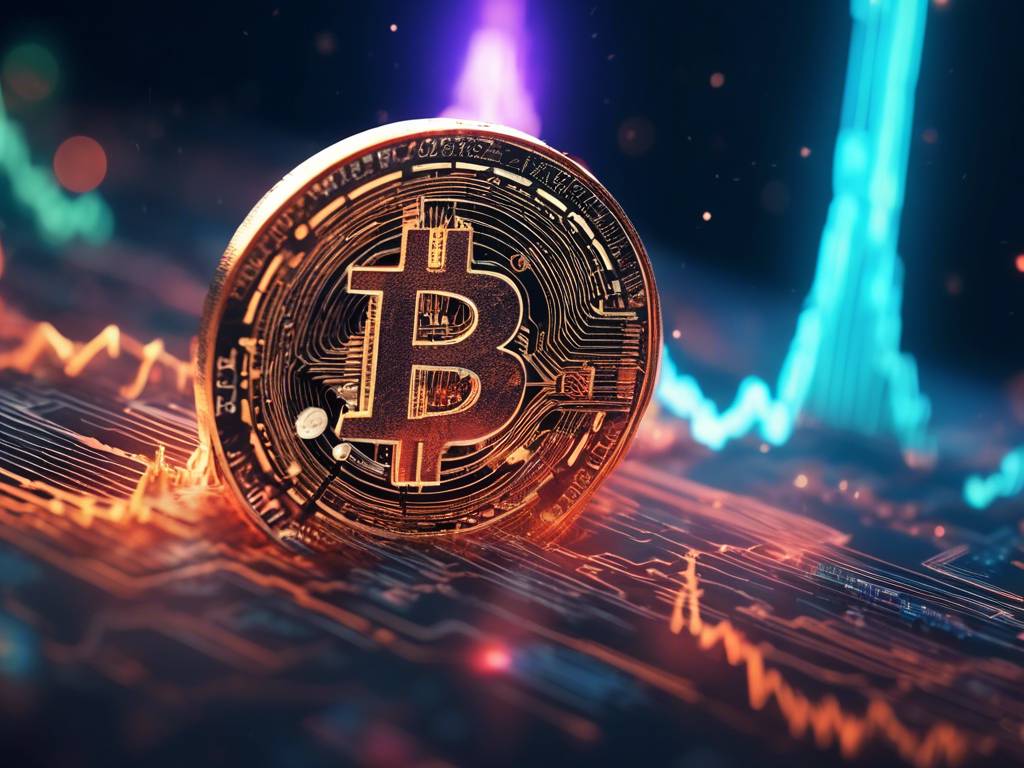The Broken Financial System: Understanding Money in Today’s World 🌍
If you are looking to make money, it is crucial to understand what money really is and how it works in today’s financial system. In this article, we will delve into the origins of money, its evolution, and how you can leverage this knowledge to improve your financial situation. Stay tuned as we explore the truth about money and how you can navigate the broken financial system to your advantage.
The Evolution of Money: From Ledgers to Gold 📜
The concept of money did not begin with physical coins or shells but rather with ledgers. Ledgers are essentially summaries of transactions that track ownership of assets. In early human civilizations, people maintained interpersonal ledgers to keep track of favors exchanged. These ledgers worked among individuals who knew and trusted each other, showcasing the importance of trust in early monetary systems.
- Ledgers were the foundation of early money systems
- Trust and knowledge were essential in maintaining interpersonal ledgers
The Role of Shells in Trade 🐚
Many ancient tribes used shells as a form of money due to their scarcity, durability, and aesthetic appeal. The use of shells for trade was a universal practice across different cultures in North America, Africa, and Asia. The value of shells as a medium of exchange lay in their inherent properties that made them ideal for trade.
- Shells served as a practical and valuable form of currency
- The use of shells in trade dates back thousands of years
Gold: The Ideal Money 💰
Gold emerged as the most ideal form of money due to its divisibility, portability, durability, fungibility, verifiability, scarcity, and utility. These qualities made gold a favored medium of exchange for various civilizations throughout history. The stability and durability of gold made it a reliable store of value and a preferred form of money.
- Gold’s properties made it the ideal form of money
- Gold’s value and utility contributed to its widespread adoption
The Rise of Banking: From Haala Systems to Fractional Reserve Banking 🏦
The Haala System: A Trust-Based Banking Network 🤝
The Haala system, a network of trusted merchants acting as de facto banks, facilitated efficient transactions and settlements along the Silk Road. This system relied on trust and reputation to enable the transfer of assets between distant locations without the physical exchange of goods.
- The Haala system revolutionized cross-border transactions
- Trust and reputation were pivotal in the success of the Haala system
Double Entry Bookkeeping and Modern Banking 📚
Double entry bookkeeping, introduced in 1494, transformed modern banking by separating assets and liabilities in ledgers. This practice laid the foundation for efficient transaction settlements and paved the way for the issuance of paper banknotes backed by gold reserves.
- Double entry bookkeeping revolutionized financial record-keeping
- Paper banknotes enabled widespread trade and commerce
Fractional Reserve Banking and Fiat Currencies 💸
Fractional reserve banking, based on fiat currencies, allows banks to lend out more money than they hold in reserves. This practice has led to an increase in the money supply, resulting in inflation and economic disparities. Understanding the workings of fractional reserve banking is essential to navigate the modern financial system.
- Fiat currencies are not backed by physical assets like gold
- Fractional reserve banking can lead to economic instability and inflation
Navigating the Financial System: Strategies for Success 🚀
Accumulate Money, Not Currency 💵
Focus on accumulating assets that hold intrinsic value, such as real estate or cryptocurrencies like BTC. Understanding the spectrum of money can help you diversify your wealth and protect against inflation and economic downturns.
- Consider investing in assets with money-like properties
- Explore alternative forms of money like cryptocurrencies
Track Real Inflation and Make Informed Decisions 📈
Stay informed about the real inflation rate by monitoring your expenses and economic indicators. Moving to a country with a stable currency or pegged to the US dollar can help protect your wealth from rapid devaluation.
- Monitor economic trends to safeguard your finances
- Consider relocating to a more stable economic environment
Support Financial Innovation and Education 🌐
Spread awareness about the nature of money and support initiatives that promote financial literacy and alternative financial systems. Engaging in discussions about the flaws of the current system and advocating for change can contribute to a more equitable and transparent financial landscape.
- Promote financial education and awareness in your community
- Explore new financial technologies and systems
Hot Take: Empowering Yourself in a Broken System 🔥
By understanding the origins of money, the evolution of financial systems, and the impact of modern banking practices, you can empower yourself to make informed financial decisions. Take control of your financial future by educating yourself, diversifying your assets, and advocating for a more transparent and equitable financial system. Together, we can challenge the status quo and create a more inclusive and sustainable financial future for all.





 By
By

 By
By
 By
By
 By
By
 By
By